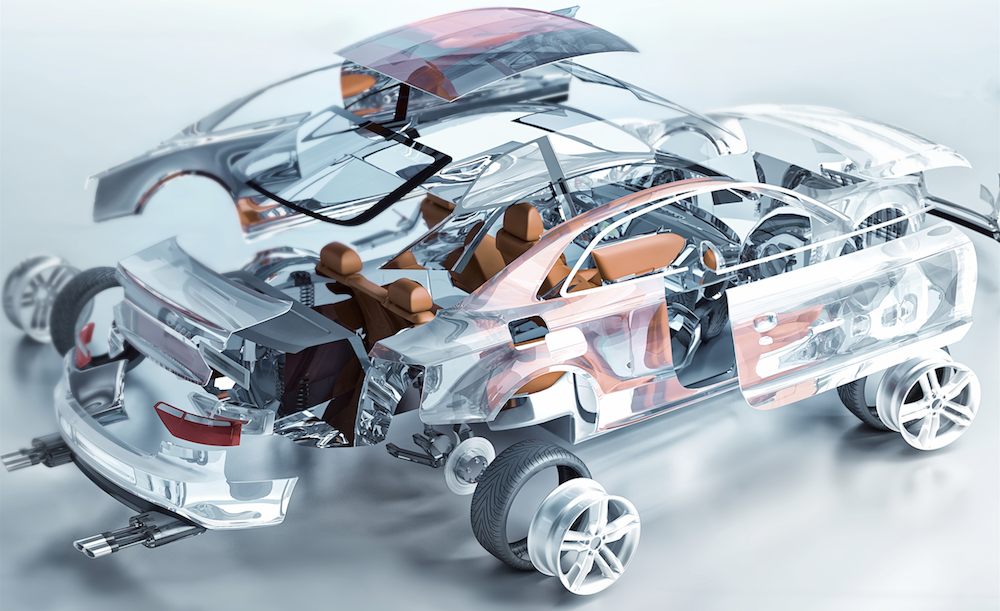
In the world of industrial computing, selecting a hardware is crucial for operational efficiency. Two popular options are SBC (single-board computers) and an industrial PC. Each offers unique features and capabilities, making them suitable for different applications. This article explores the differences between SBC computers and industrial PCs to help you determine the best fit for your operation.
Understanding the Basics: What is an SBC Computer?
They are highly customisable, and their cost-effectiveness makes them an attractive option for operations that do not require the complexity of a full-sized computer. SBC computers are ideal for projects with limited space, and power consumption needs to be minimised. However, their reduced size can limit performance when compared to more robust options like industrial PCs.
An SBC computer, or Single Board Computer, is a compact, all-in-one computing device that houses essential components such as the processor, memory, and storage on a single board. Due to their small form factor and simplicity, SBC computers are used in embedded systems and light industrial applications.
Size and Form Factor Considerations
One of the most noticeable differences between SBC computers and industrial PCs is their size. SBC computers are much smaller and lighter, making them perfect for applications where space is a constraint. This compact design allows for easy integration into devices and machinery without taking up much room.
Industrial PCs, on the other hand, are bulkier due to their rugged design and additional hardware capabilities. While they may not be as compact as SBC computers, their factors enable them to accommodate powerful components, making them suitable for high-performance applications in harsh environments.
Industrial PCs: Built for Durability and Performance
Industrial PCs are designed specifically for demanding industrial environments. These computers are built to withstand harsh conditions, including extreme temperatures, dust, and vibrations, making them ideal for factory floors, outdoor applications, and other challenging settings. A fanless industrial PC, in particular, is often preferred due to its ability to operate while preventing dust and debris from affecting internal components.
Unlike SBC computers, industrial PCs are built for durability and long-term reliability. They feature more powerful processors and greater scalability, allowing them to handle complex tasks and large datasets without performance issues. For operations requiring heavy processing power and multi-tasking capabilities, industrial PCs are the go-to choice.
Power Consumption: Which is More Efficient?
Power consumption is another crucial factor when deciding between an SBC computer and an industrial PC. Due to their smaller size and limited processing power, SBC computers are highly energy-efficient, making them an excellent choice for applications with minimal energy usage. Their low power draw also makes them ideal for battery-operated systems or installations where power availability is restricted.
In contrast, industrial PCs, while more powerful, tend to consume more energy due to their higher processing capabilities and additional components. However, technology has allowed fanless industrial PCs to operate more efficiently, balancing power consumption and performance without compromising durability.
Cost Considerations: Balancing Budget and Requirements
Cost is a significant consideration when choosing between an SBC computer and an industrial PC. Generally, SBC computers are more affordable due to their simplicity and limited hardware requirements. This makes them a good choice for budget-conscious operations or smaller-scale projects that do not require extensive computing power.
Industrial PCs, while more expensive, offer superior performance and durability, making them worth the investment for operations that demand high processing power and longevity in harsh conditions. When considering cost, it’s essential to balance the immediate savings of an SBC computer against the long-term benefits and reliability of an industrial PC.
Customisation and Flexibility
SBC computers and industrial PCs offer varying degrees of customisation, but their flexibility differs depending on the specific application. SBC computers are highly customisable, allowing users to modify the board and add peripherals according to their project’s needs. This level of flexibility is ideal for unique, small-scale industrial applications.
Industrial PCs, however, provide more extensive options for customisation in terms of memory, storage, and connectivity. Many fanless industrial PCs also offer modular designs, allowing for easy upgrades and maintenance. This makes industrial PCs more versatile for operations that may require frequent modifications and scaling over time.
Application Scenarios: Which One Suits Your Needs?
The final consideration is determining which type of computer best suits your specific application. SBC computers are ideal for embedded systems, remote monitoring, and applications where space and power are at a premium. If your operation involves tasks like data logging, machine control, or IoT devices, an SBC computer might be the right fit.
On the other hand, industrial PCs are better suited for complex, high-performance tasks such as industrial automation, large-scale data processing, and machine learning. Their rugged design makes them perfect for environments where reliability and durability are critical, such as manufacturing plants, outdoor installations, or hazardous areas.
When choosing an SBC computer and an industrial PC, the decision ultimately depends on your operational requirements. SBC computers offer compactness, energy efficiency, and customisation for smaller-scale applications, while industrial PCs provide the power, durability, and scalability needed for more demanding environments.
For more information about industrial computing solutions, contact Voltrium Systems today.










